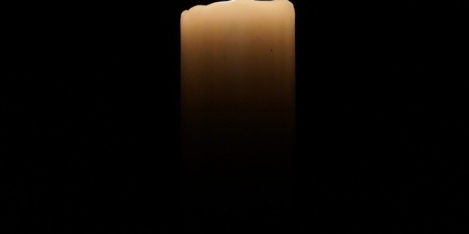March 27, 2023
The five ages of the office and the man who shaped the way we talk about them
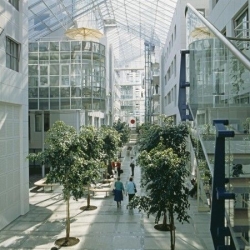 The office has passed through five ages. The ‘coffee houses’ of the 17th century, yielded to the ‘clerical factories’ of the 19th as machines revolutionised work. After the Second World War, the ‘corporate offices’ of global corporations and William Whyte’s Organization Man dominated the scene. Following the launch of IBM’s PC in the early-1980s, we saw the rise of ‘digital offices’ in the 1990s, complete with internet, email and social media. And for the past few years we have been moving inexorably towards the latest age: ‘network offices’. Each age was shorter than its predecessor: both the digital and network ages began less than a career span ago. (more…)
The office has passed through five ages. The ‘coffee houses’ of the 17th century, yielded to the ‘clerical factories’ of the 19th as machines revolutionised work. After the Second World War, the ‘corporate offices’ of global corporations and William Whyte’s Organization Man dominated the scene. Following the launch of IBM’s PC in the early-1980s, we saw the rise of ‘digital offices’ in the 1990s, complete with internet, email and social media. And for the past few years we have been moving inexorably towards the latest age: ‘network offices’. Each age was shorter than its predecessor: both the digital and network ages began less than a career span ago. (more…)







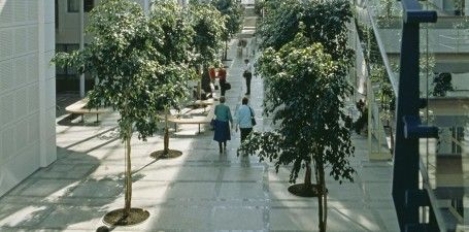
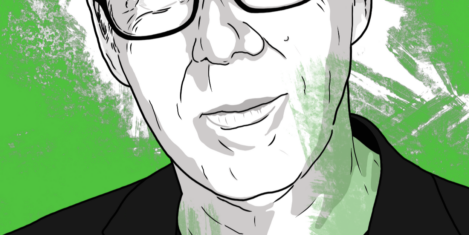
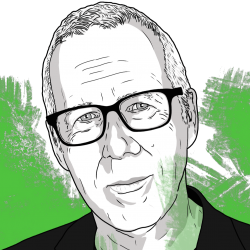
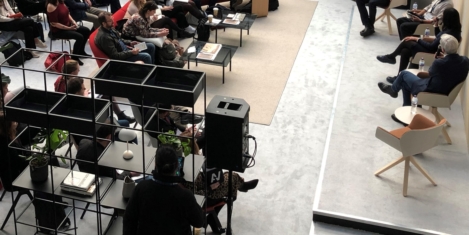
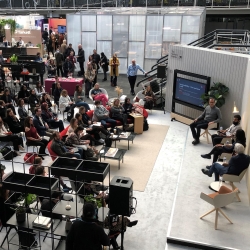 A few of you may already know this story. It was some 15 months ago and three old friends met up for the first time in quite a while (well, we had been through lockdowns etc). Having caught up with each other’s news, the subject turned to industry journals, what the three friends felt the market was missing and the possibility of collaborating in the not too distant future. That conversation occurred at the inaugural
A few of you may already know this story. It was some 15 months ago and three old friends met up for the first time in quite a while (well, we had been through lockdowns etc). Having caught up with each other’s news, the subject turned to industry journals, what the three friends felt the market was missing and the possibility of collaborating in the not too distant future. That conversation occurred at the inaugural 





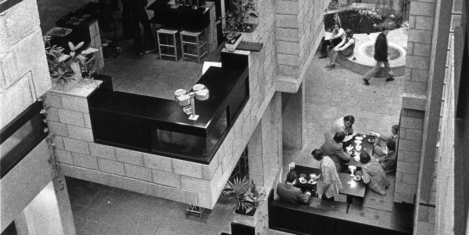
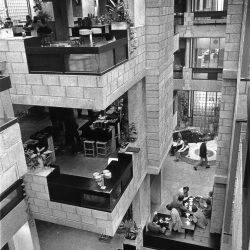

 All of humanity’s problems,” the French scientist and philosopher Blaise Pascal wrote in 1654, “stem from man’s inability to sit quietly in a room alone.” He may have been right, but then again, sitting in a room alone isn’t necessarily a great state of permanent being either. There was a time we used to talk with dismay about the Japanese phenomenon of intense social distancing known as hikikomori. We would consider with horror the isolation, lack of engagement with society, poor mental health and loneliness of the people who had almost completely withdrawn to their rooms. Those poor bastards locked up in enclosed spaces linked to the outside world only by screens.
All of humanity’s problems,” the French scientist and philosopher Blaise Pascal wrote in 1654, “stem from man’s inability to sit quietly in a room alone.” He may have been right, but then again, sitting in a room alone isn’t necessarily a great state of permanent being either. There was a time we used to talk with dismay about the Japanese phenomenon of intense social distancing known as hikikomori. We would consider with horror the isolation, lack of engagement with society, poor mental health and loneliness of the people who had almost completely withdrawn to their rooms. Those poor bastards locked up in enclosed spaces linked to the outside world only by screens. 


 An idea that has never really gone away, but which seems to be enjoying a new lease of life is the tabula rasa. The conception of people as a blank slate is something a that has crept back into mainstream political and social thought for a variety of reasons. Arguably, it is also behind many of the most misleading notions about work and workplace design, perhaps most importantly that a change to some single element or characteristic of a working environment will lead to a specific outcome in the behaviour of people.
An idea that has never really gone away, but which seems to be enjoying a new lease of life is the tabula rasa. The conception of people as a blank slate is something a that has crept back into mainstream political and social thought for a variety of reasons. Arguably, it is also behind many of the most misleading notions about work and workplace design, perhaps most importantly that a change to some single element or characteristic of a working environment will lead to a specific outcome in the behaviour of people. 